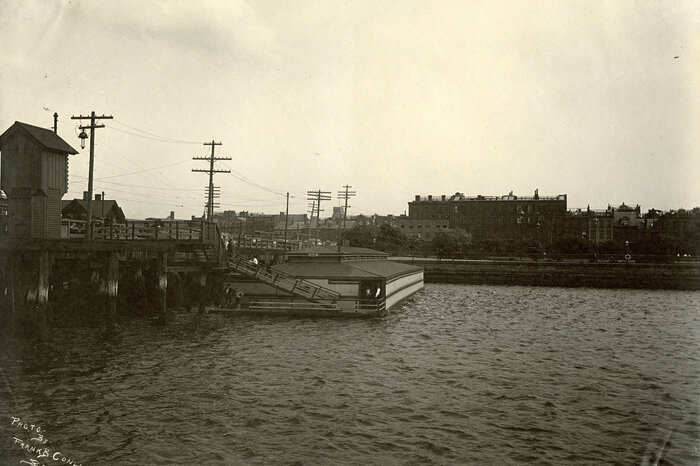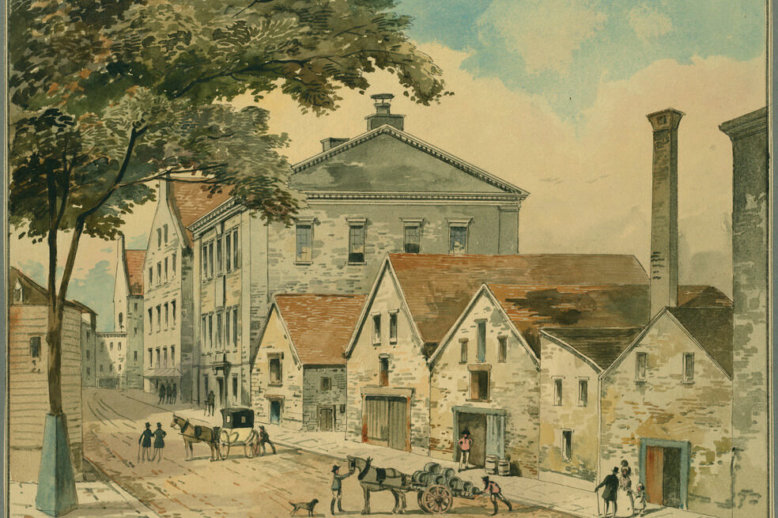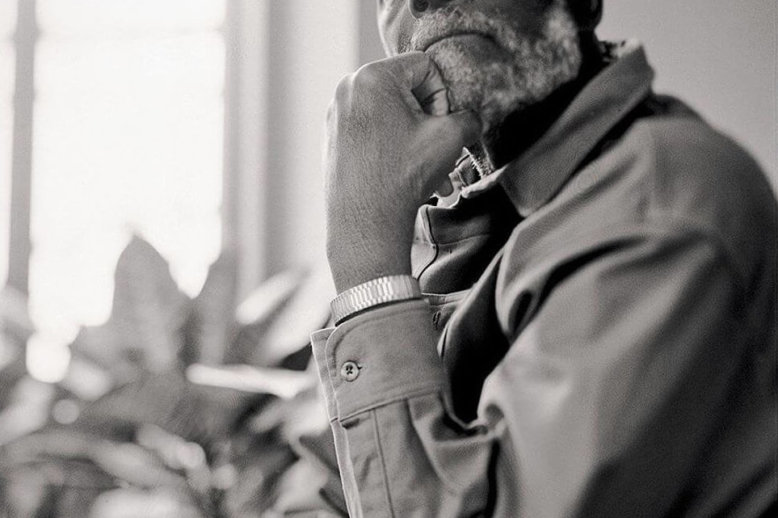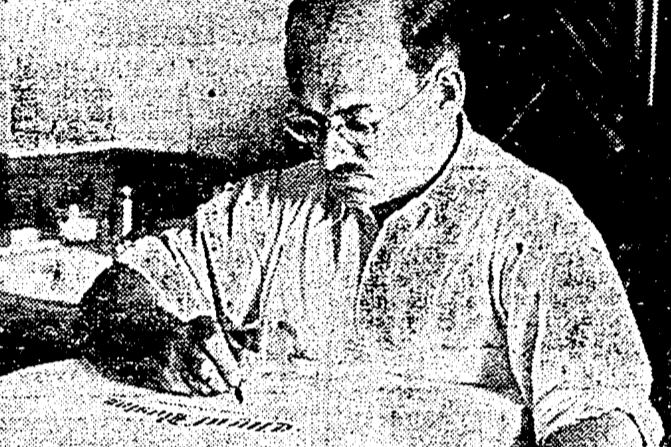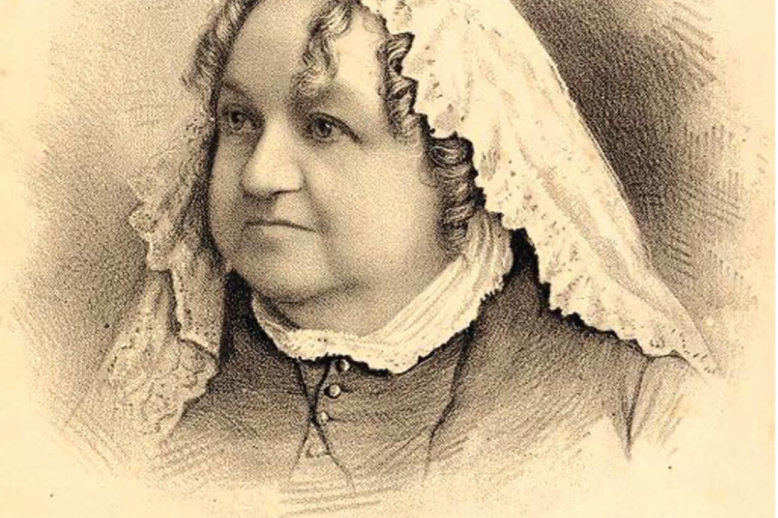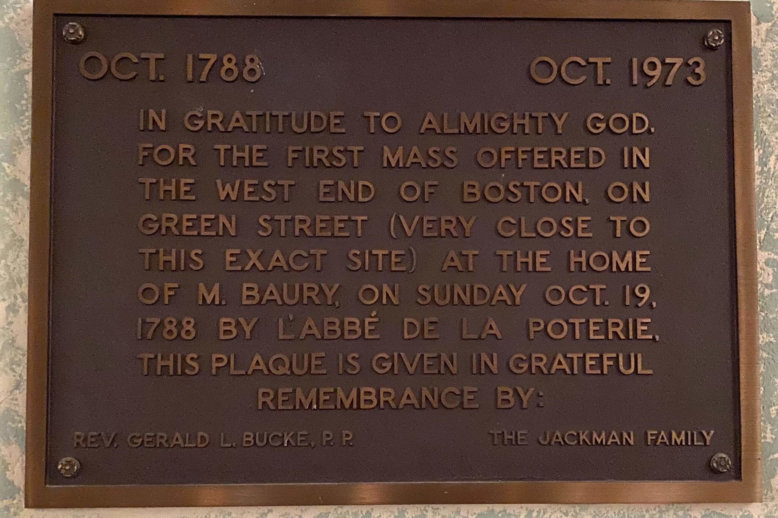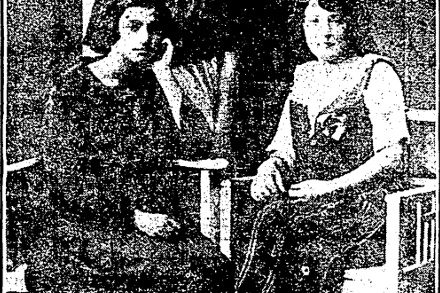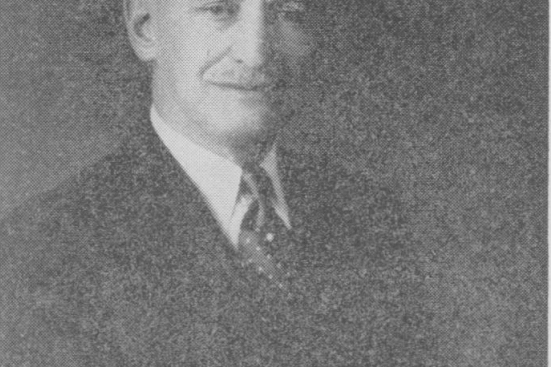The Public Bath Movement in Boston
Public baths are generally an unknown phenomenon in the United States today, but in the 19th and early 20th century, the public bath movement brought with it the creation of hundreds of outdoor and year-round bathing establishments in the country’s large cities, including Boston and the West End.


